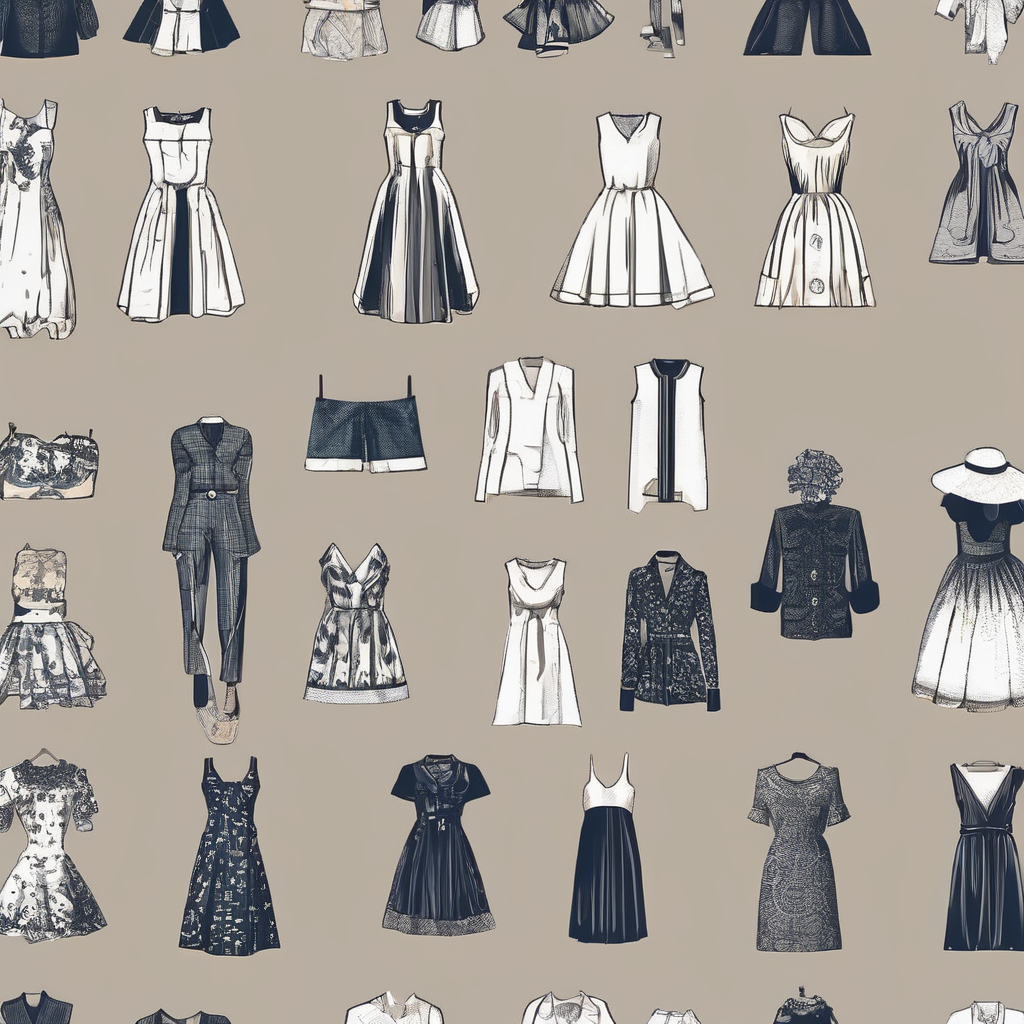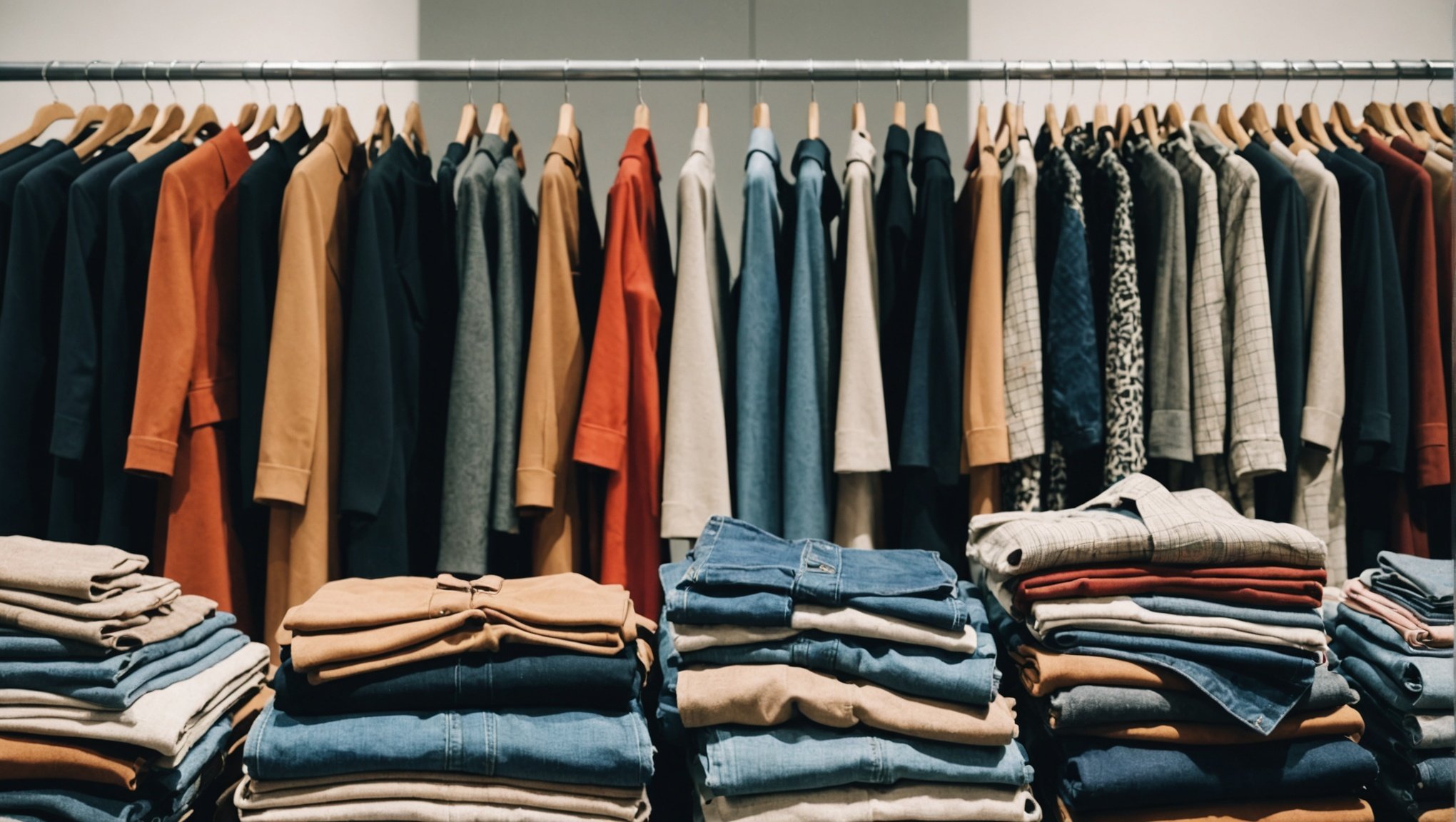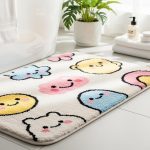Fashion has always been a way to express oneself and make a statement. But now, it’s not just about looking good, it’s also about feeling good. More and more people in the UK are seeking ethical and sustainable options when it comes to their clothing choices. They’re looking for brands that use recycled and organic materials, and that offer certified fair-trade clothing. This shift towards sustainable fashion is not only good for the environment but also for the conscience.
The Rising Trend of Sustainable Fashion in the UK
In recent years, sustainable fashion has become more than just a buzzword; it’s a movement. This trend is largely driven by increased consumer awareness about the environmental and social impact of their shopping habits. With the advent of social media and documentaries exposing the dark side of fast fashion, consumers are now more informed and conscious about the brands they support.
In parallel : Can You Suggest a DIY Organic Face Mask for Brightening Dull Skin?
Sustainable fashion is about more than just using recycled or organic materials. It also encompasses ethical manufacturing practices, fair-trade policies, and overall brand transparency. Consumers are no longer just concerned with the end product but also with the entire supply chain. They want to know where the materials come from, how the clothes are made, and who made them.
The UK has been at the forefront of this movement, with a growing number of brands offering a wide range of sustainable and ethical options. These brands are not only making a positive impact on the environment but also setting a new standard for the fashion industry.
Topic to read : What Techniques Can Be Used to Ensure Perfume Lasts Longer on Your Skin?
Popular Recycled Materials in UK Women’s Clothing
One of the key aspects of sustainable fashion is the use of recycled materials. Old clothes, plastic bottles, and even fishing nets are being transformed into fashionable clothing items. Here are some of the most popular recycled materials in UK women’s clothing:
- Recycled Cotton: Cotton is one of the most commonly used materials in the fashion industry. However, traditional cotton farming is resource-intensive and often involves harmful pesticides. Recycled cotton, on the other hand, is a much more sustainable option. It is made by collecting old cotton garments and textile waste, breaking them down into fibres, and spinning these fibres into new yarns.
- Recycled Polyester: This material is made from post-consumer plastic waste, such as water bottles. The plastic is cleaned, shredded into flakes, melted into pellets, and then spun into yarn. Recycled polyester is versatile and durable, making it a popular choice for sportswear and outerwear.
- Recycled Nylon: Similar to recycled polyester, recycled nylon is made from waste materials such as fishing nets and fabric scraps. It’s a durable and lightweight material, making it ideal for swimwear and athletic clothing.
Best Known Brands Using Recycled Materials
There are several UK brands leading the way in sustainable fashion by using these recycled materials. Here are some of the best-known brands:
- Thought is a brand known for its range of clothing made from natural and recycled materials. They offer a wide variety of items from casual wear to formal attire. Thought ensures ethical manufacturing processes and promotes a ‘wear me, love me, mend me, pass me on’ philosophy to extend the life of their garments.
- People Tree is another brand that has been championing sustainable and fair-trade fashion for over 25 years. They collaborate with artisans and farmers in developing countries to bring beautiful, ethical, and eco-friendly fashion to the market.
- Finisterre is a UK brand that focuses on functional and sustainable outerwear. They use a variety of recycled materials, including polyester and nylon, in their products. In addition, they are committed to the ‘circular economy’ model, offering a repairs service for their clothing to extend their lifespan.
How to Shop for Sustainable Clothing in the UK
Shopping for sustainable clothing in the UK has never been easier. With an increasing number of brands offering eco-friendly options, consumers have a wide range of choices. However, it’s important to do your own research and not just rely on a brand’s claims. Look for certifications like the Global Organic Textile Standard (GOTS), the Fairtrade mark, or the Soil Association organic label to ensure that the products are truly sustainable and ethical.
When shopping for sustainable clothing, consider the materials used, the manufacturing process, and the brand’s overall commitment to sustainability. Opt for clothing made from recycled or organic materials, and avoid clothes that are likely to wear out quickly. Invest in timeless pieces that you can wear for years to come, rather than following fast fashion trends.
The shift towards sustainable fashion in the UK is a promising trend, and with more brands embracing recycled materials and ethical practices, it’s clear that this isn’t just a passing fad. As consumers, we have the power to drive this change by supporting brands that prioritize sustainability and making conscious choices about the clothes we wear.
The Importance of Certifications in Sustainable Fashion
When discussing sustainable fashion, it is crucial to understand the role of certifications. Certifications such as Global Organic Textile Standard (GOTS), the Fairtrade mark, or the Soil Association organic label provide assurance that the clothes you are buying are truly sustainable and ethical. These authorities evaluate the entire supply chain, from the farming of organic cotton to ethical labour practises, ensuring that the brand’s claims are valid.
GOTS certified clothing guarantees that the product is made of at least 70% organic fibres. The certification also ensures that the remaining 30% of fibres are not made of harmful substances like toxic heavy metals and formaldehyde.
The Fairtrade mark goes beyond assuring that the clothes are made from organic cotton. It ensures that the farmers and workers involved in the production process are paid fairly and work under ethical conditions.
The Soil Association Organic label also holds a high standard in sustainable fashion. It ensures that the raw materials are grown organically, without harmful pesticides and genetically modified organisms. Moreover, it verifies that the entire production process is eco-friendly and sustainable.
These labels provide a reliable way of identifying truly sustainable and ethical clothing. When shopping, look for these certifications on tags or on the brand’s website to ensure you are making a sustainable choice.
The Impact of Consumers on Sustainable Fashion
As consumers, we play a significant role in pushing the fashion industry towards more sustainable practices. The rise of sustainable fashion in the UK has been largely driven by consumer awareness and demand for eco-friendly, ethical clothing.
Consumers have the power to influence brands by choosing to support those that prioritize sustainability. This not only includes brands that use recycled materials but also those who ensure fair-trade practices and transparency throughout their supply chain.
Brands listen to their consumers. If there is a demand for sustainable clothing, more brands will focus on providing it. This can lead to a significant positive impact on the environment, reducing waste and pollution.
When you shop, consider the materials used in the products, the brand’s commitment to sustainability, the cost per wear, and the longevity of the item. Avoid fast fashion trends and invest in timeless, quality pieces that will last. Look at the brand ratings and reviews to understand their commitment to sustainability.
Remember, shopping sustainably doesn’t necessarily mean spending more. Many clothing brands offer a wide price range of sustainable options, making it accessible to all.
The growing trend of sustainable fashion in the UK is a step towards a better future. As consumers, our choices matter. By supporting brands that prioritize sustainability and ethical practices, we can help shape the fashion industry and reduce its impact on our planet.
In conclusion, the increasing use of recycled materials in UK women’s clothing is a testament to the growing commitment to sustainability in the fashion industry. Brands are innovating and finding new ways to transform waste into fashionable, wearable pieces. Certifications like GOTS and the Fairtrade mark are crucial in ensuring that these brands are truly sustainable. As consumers, our choices can drive this change. Let’s continue to support sustainable fashion, opt for eco-friendly and ethical clothing brands, and make our wardrobes part of the solution.











